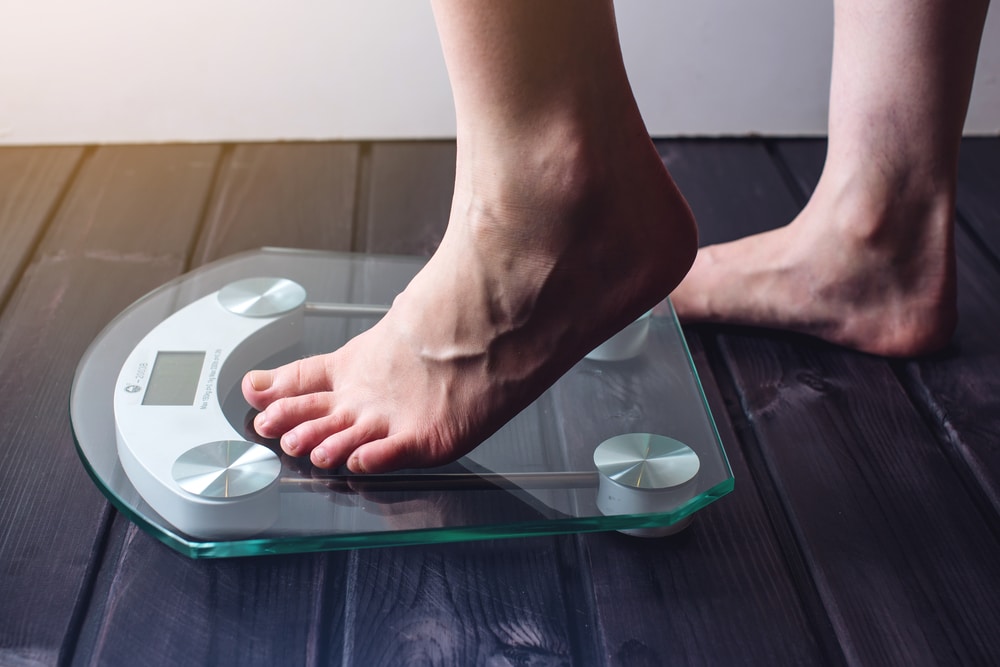
Are you Struggling With Losing Weight?
The purpose of this study is to find out whether an experimental medication helps people living with obesity, to lose weight.
Would you like to take part?
As a volunteer in a research study, you’ll receive study-related medical care from the study doctor and regular follow-up of your health to monitor the effectiveness of the care you’ll receive. The results of this research will be used to find out if the investigational medication being studied will be of benefit to others struggling with obesity and weight loss, and whether it will be made widely available to all Canadians trying to manage obesity. Study volunteers are an important part of moving medical care forward.
You may qualify to participate in this study if you:
- Provide informed consent before any study-related activities. Study-related activities are any procedures that are carried out as part of the study, including activities to determine suitability for the study.
- Are male or female.
- Are age 18 years or above at the time of signing the informed consent.
- Have a Body Mass Index (BMI) ≥ 35.0 kg/m2 at time of screening.
- Have a history of at least one self-reported unsuccessful dietary effort to lose body weight.
You may not qualify to participate if you:
- Have an HbA1c ≥ 6.5% (48 mmol/mol) as measured by the central laboratory at screening.
- Have a history of type 1 or type 2 diabetes.
- Have been treated with glucose-lowering agent(s) prescribed for the indication of diabetes or prediabetes within 90 days before screening.
- Have a self-reported change in body weight > 5% within 90 days before screening, irrespective of medical records.
- Have been treated with any medication prescribed for the indication of obesity or weight management within 90 days before screening.
- Have had previous or planned (during the study period) obesity treatment with surgery or a weight loss device. However, the following are allowed:
- Liposuction and/or abdominoplasty, if performed > 1 year before screening.
- Adjustable gastric banding, if the band has been removed > 1 year before screening.
- Intragastric balloon, if the balloon has been removed > 1 year before screening.
- Duodenal-jejunal bypass liner (e.g., Endobarrier), if the sleeve has been removed > 1 year before screening.
- Uncontrolled thyroid disease, as per investigator’s discretion.
- Have active or unstable depression or other active or unstable psychiatric conditions, which in the investigator’s opinion, might jeopardize the participant’s safety or compliance with the protocol.
- Have a history of a suicidal attempt within 5 years before screening.
- Experience suicidal behavior within 30 days before screening.
- Known or suspected hypersensitivity to investigational medicinal products (IMPs) or related
products. - Have previously participated in this study. Participation is defined as signed informed consent.
- Are currently participating (i.e., signed informed consent) in any other interventional clinical study.
- Have been exposed to an investigational medical product within 90 days or 5 half-lives of the investigational medical product (if known), whichever is longer, before screening.
- Are a female who is pregnant, breast-feeding or intends to become pregnant or is of childbearing potential and not using a highly effective contraceptive method.
- Are using any glucagon‑like peptide‑1 receptor agonist (GLP‑1 RA), including medication with GLP‑1 RA activity, or amylin analogue within 90 days before screening.
- Have personal or first-degree relative(s) history of multiple endocrine neoplasia type 2 or medullary thyroid carcinoma.
- Have presence or history of malignant neoplasms (other than basal and squamous cell skin cancer, low-risk prostate cancer, or in situ carcinomas of the cervix or carcinoma in situ/high grade prostatic intraepithelial neoplasia (PIN)) within 5 years before screening.
- Have presence or history of chronic pancreatitis.
- Have presence of acute pancreatitis within 180 days before screening.
- Have renal impairment with estimated glomerular filtration rate (eGFR) < 15 mL/min/1.73 m2, as measured by the central laboratory at screening.
- Have had myocardial infarction, stroke, hospitalization for unstable angina pectoris or transient ischemic attack within 60 days before screening.
- Have chronic heart failure classified as being in New York Heart Association (NYHA) Class IV at screening.
- Have surgery scheduled for the duration of the study, except for minor surgical procedures, in the opinion of the investigator.
- Have known or suspected abuse of alcohol or recreational drugs.
- Have used any medication with unknown or unspecified content within 90 days before screening.
- Have other participant(s) from the same household participating in any CagriSema study.
- Have any disorder, unwillingness or inability, not covered by any of the other exclusion criteria, which in the investigator’s opinion, might jeopardise the participant’s safety or compliance with
the protocol.
There are other eligibility requirements that the study doctor will review. Only the study doctor can finally determine whether you are eligible to participate in the study or not.

